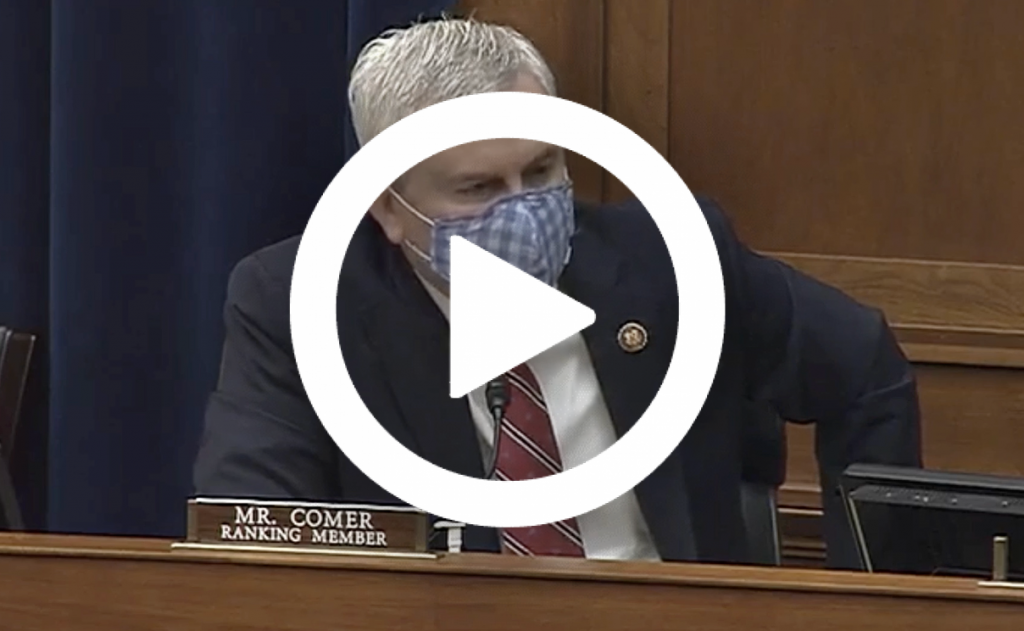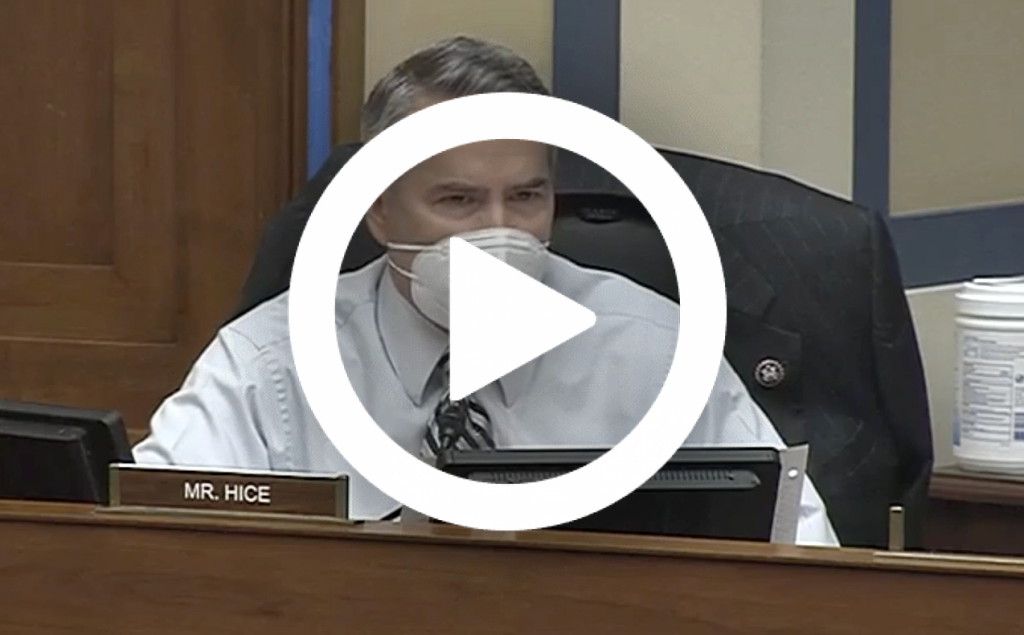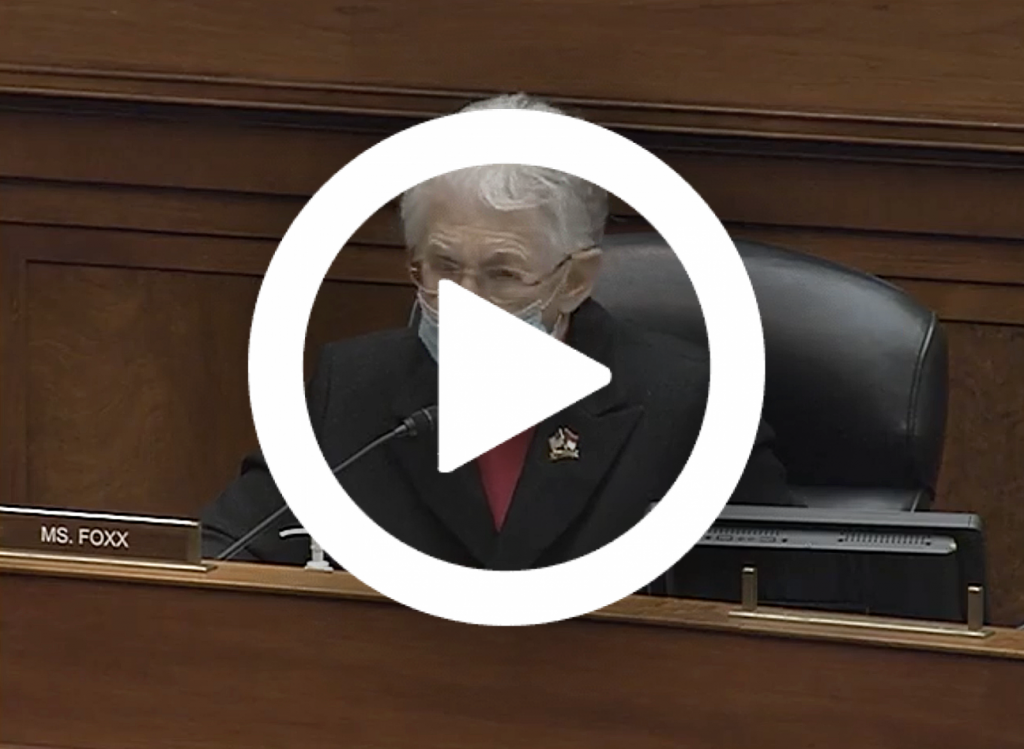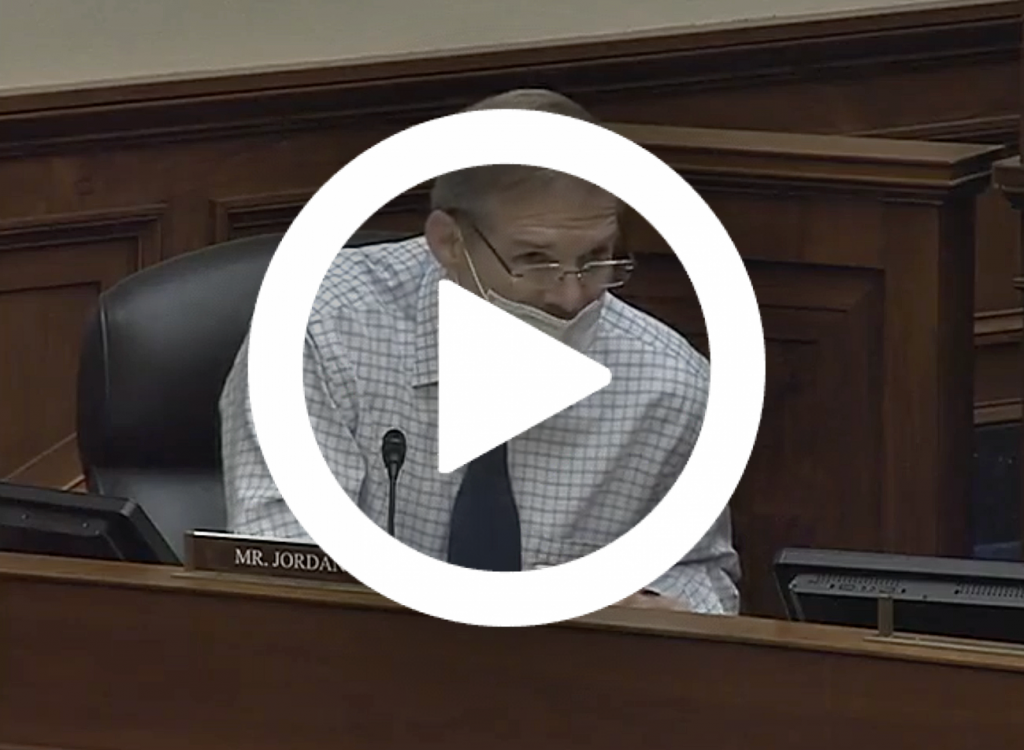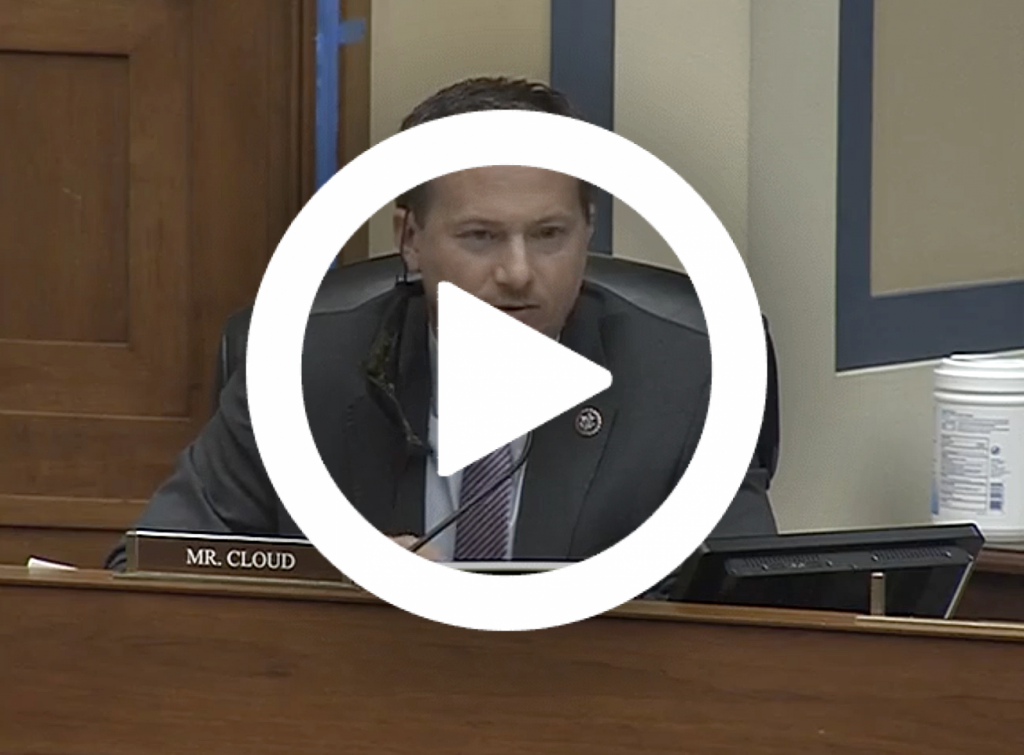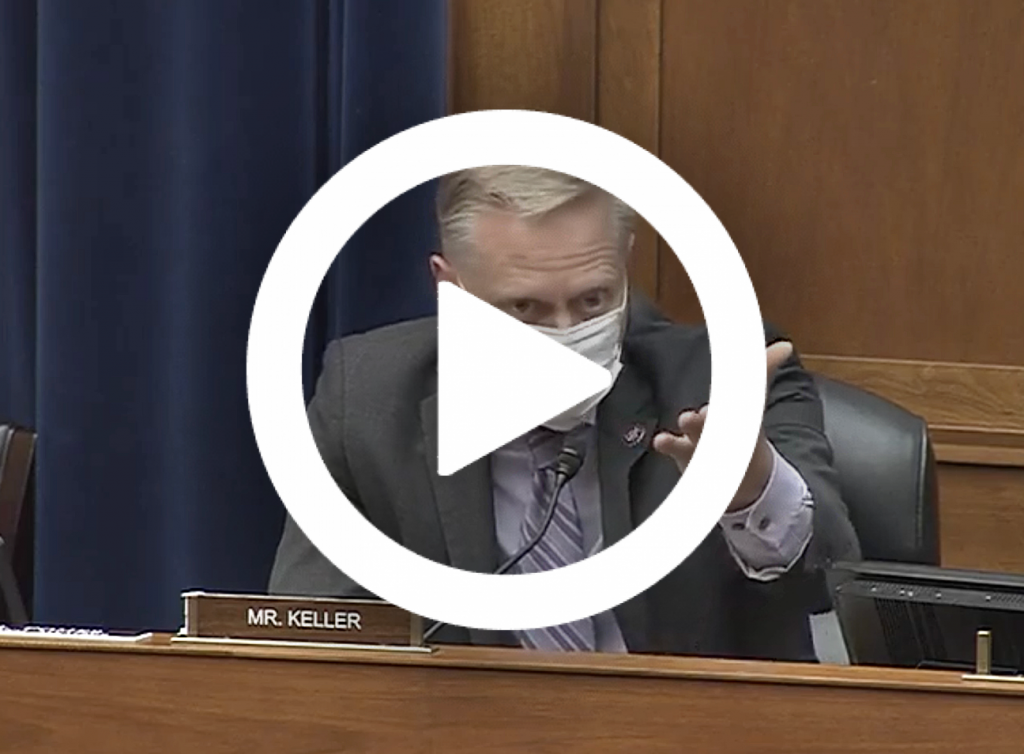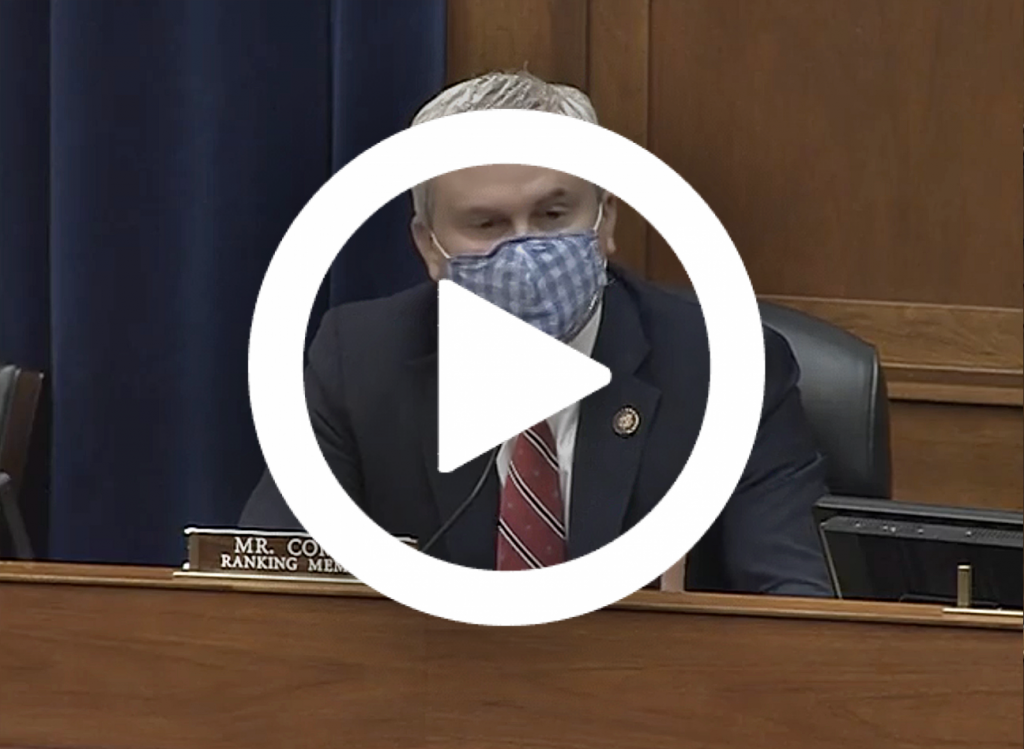USPS Hearing Wrap Up: Republicans Call for Real Reforms, Chastise Democrats’ Postal Conspiracy Theories
WASHINGTON—The House Committee on Oversight and Reform today held a hearing on the U.S. Postal Service (USPS) to discuss the need for substantive reforms to improve the Postal Service’s fiscal sustainability and service to the American people. Republicans repeatedly called for Democrats to cease their partisan and unsubstantiated rhetoric about the Postal Service and encouraged their colleagues across the aisle to work with them on reasonable reforms.
Ranking Member James Comer (R-Ky.) emphasized the critical role of the Oversight Committee in “preserving and shaping the United States Postal Service” as “one of the most fundamental and important jobs.” He made clear Republicans expect to see real reforms for the Postal Service to include addressing its broken business model, saying, “The status quo at the Postal Service is not sustainable.” He also expressed concern with mail delivery delays, saying, “Like all Americans, I am deeply concerned about the performance of the Postal Service over the past year. The delays in mail delivery across the country hurt small businesses, prevented the timely delivery of medication, hindered bills from being delivered on time, and presented numerous other problems for the American people.”
Government Operations Subcommittee Ranking Member Jody Hice (R-Ga.) voiced concerns regarding Democrats’ “nonsensical, insane, rabid rhetoric.” He called on them to end their conspiracy theories and pursue bipartisan, necessary reforms on the Postal Service given “the poor performance of the Postal Service over recent months” and the vast number of complaints his office has received about USPS.
Rep. Virginia Foxx (R-N.C.) said, “All of us are affected by the Post Office. All of us use the Post Office. All of us want the Post Office to be efficient. I want the Post Office to be self-funded as it was planned to be many, many years ago.” She grilled the American Postal Workers Union President Mark Dimondstein asking, “without mentioning more money . . . what are you all going to do better than you’ve done before?” Foxx went on to say “my understanding is benefits are climbing. As mail volume is decreasing, even though there may be a very slight decline in employees, so the number of employees is not going down commensurate with the mail going down, but the benefits are going up.”
Rep. Jim Jordan (R-Ohio) set the record straight about Postmaster General DeJoy’s efforts to reform the Postal Service. Jordan said, “They said you were restricting overtime. False. They told you all were taking the collection boxes—doing something that had never been done before—even though it had been done by every previous Postmaster General—12,000 of them that had been removed by the Obama Postmaster General. Yet, somehow, you were the worst.”
Rep. Michael Cloud (R-Texas) asked USPS Board of Governors Chairman Ron Bloom about the vote to choose DeJoy after the former-Postmaster General decided to retire. The witness said more than 200 candidates were considered and that the board “at the time [of the decision] and today has both Democrats and Republicans on it,” and that “the vote [to select DeJoy] was unanimous.” Cloud went on to ask Postmaster General DeJoy about the GAO’s report on USPS’s unsustainable business model. Cloud said, “We have known for a long time that USPS is not in a sustainable business model, especially with the competitors we see and the changing dynamics of how we communicate, how we ship and do mail.”
Rep. Fred Keller (R-Pa.) pressed Postmaster General DeJoy and Chairman Bloom for an exact date when a long-term business plan will come to Congress. He said, “The Postal Service is in the process of finalizing its long-term business plan—some high-level summaries of which are included in today’s testimony. But, I’d like to take the promise of its release at face value. This committee has been waiting on a comprehensive, long-term business reform plan for several years.” DeJoy confirmed the House would receive it by the end of March. “It’s my expectation that a follow up hearing will be conducted to fully examine this plan and it’s suggested reforms.”
Ranking Member Comer closed the hearing by calling for everyone to recognize the pivotal point Congress and USPS are at for reform. He said, “I felt it was essential for us to discuss the obstacles facing the Postal Service and to hear about some difficult decisions that we will have to make in Congress. With this information, we have a real opportunity for the Postal Service to enact meaningful change. It’s often a mantra that we should start with the easy pickings. The temptation to do so in the case of postal reform is strong because of how much we hear from our constituents and stakeholders nervous about any possible changes to how things have always been done. Fixing some accounting issues and doing things like switching the pot of money from which employee healthcare is funded—will no doubt clean up the books and create some short-term relief for the postal service. But they are not nearly enough. And, everyone knows that. They will not solve the problems facing the Post Office and the American people are not going to see them as an improvement on the services they rely on.
